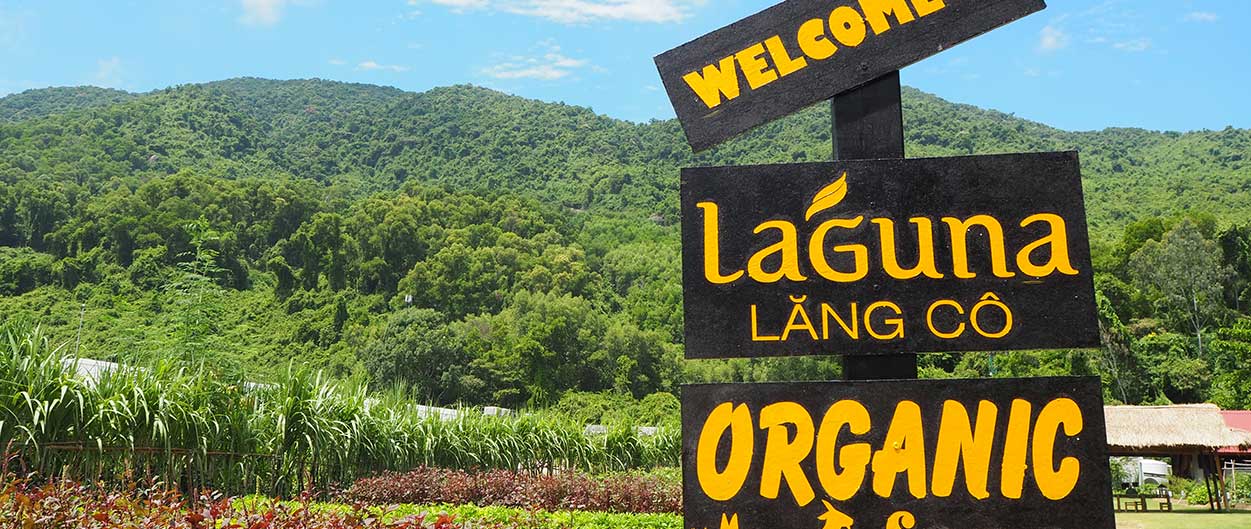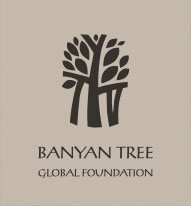
Buy For Good
The Challenge
Direct impacts from hospitality operations may be one tenth of the supply chain, which consists of input providers (infrastructure, water and energy, equipment, food and beverages), travel, and service delivery (accommodation, catering and attractions).



Our Approach
Banyan Tree’s approach is more than risk management, it is an opportunity to make responsible choices that drive respect for human rights and the environment. We champion local procurement, sustainably sourced food (e.g. MSC certified), and actively seek and favour business relationships with those who share our values and commitment.
Having a sustainable supply chain is critical to upholding the Banyan Tree vision and ethos. This is especially because the potential impact of hospitality supply chains can be up to ten times the direct impact of operations.
Components of our supply chain include:
- Input providers (infrastructure, water and energy, equipment, food & beverage)
- Trip arrangement and travel
- Tourism service delivery (accommodation, catering and attractions)

Our Goal
We have set triple horizon targets and will continue to assess third party support throughout this process.
2020
Target 80% Tier 1 suppliers completing a self-assessment and signing the Code of Conduct
2025
Target 100% Tier 1 suppliers completing a self-assessment and signing the Code of Conduct. Supplier conformity to external accreditations (e.g. ISO) and on-site evaluations enacted for high risk suppliers
2030
Poor performance supported with remediation action
Our Progress
The supplier Code of Conduct was implemented through the Global Foundation website in 2020 for the first time, with a KPI of 80% dollar purchases from Tier 1 suppliers completing self-assessments. By 2025, we target 100% annual completion, with evaluation of poor supplier performance or non-conformity supported with remediation action.
Of 4,928 suppliers reported in 2020, 2,334 completed code of conducts covering $39.8 million worth of purchases (69%). Data were not available for seven hotels (Juizhaigou, China; Seoul, Korea; Balaclava, Mauritius; Riads, Morocco; Hacienda, Mexico; Dhawa and Angsana in Cuba), and the lower than targeted completion was largely due to pandemic-related disruptions.
Shortened supply chains post-COVID can support resilience for both business and local communities against future disruption. Increased local procurement will also connect travellers to a destination through food and culture, and provide opportunities to promote sustainable practices and responsible production that will benefit livelihoods and climate change through reduced carbon footprints. In 2021, we shall map our supply chain and openly disclose our supplier lists to promote transparency and drive supply chain sustainability.
BANYAN TREE HOTELS AND RESORTS SUPPLIER CODE OF CONDUCT
PLEASE NOTE:
For suppliers who wish to complete the Supplier Declaration online, kindly obtain the log-in URL from your Banyan Tree property purchasing manager.

